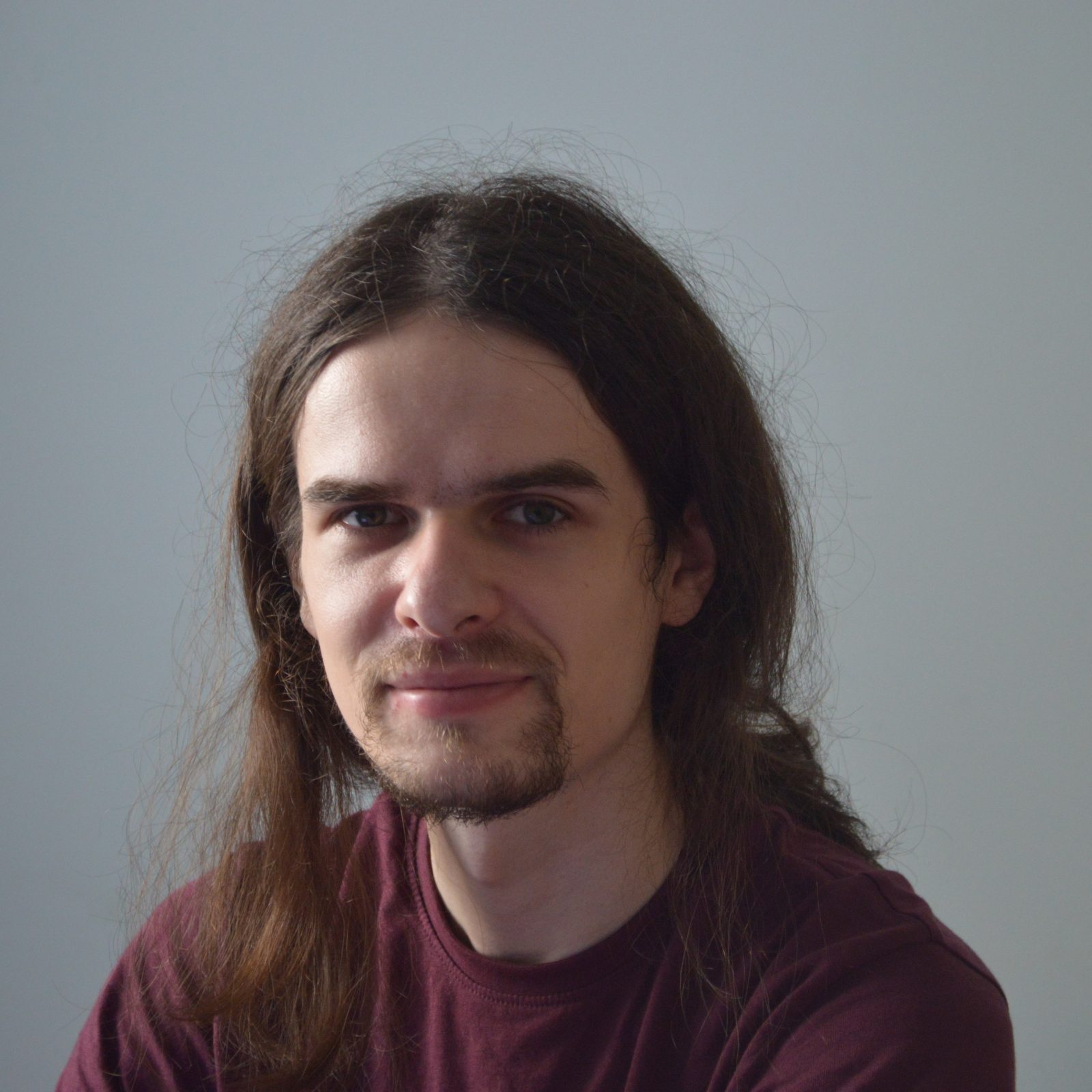
Group theory researcher
In May, the National Science Center announced the result of the OPUS 24 and SONATA 18 competitions. The best of the projects that qualified for funding in the SONATA competition turned out to be the project titled ‘Grupy biautomatyczne i niedodatnio zakrzywione’ (‘Bioautomatic and non-positively curved groups’), led by Dr Motiejusa Valiunasa from the Institute of Mathematics of the University of Wrocław (Faculty of Mathematics and Computer Science of the University of Wrocław).
Dr Motiejus Valiunas comes from Vilnius, Lithuania, where he graduated from high school in 2012. He is a laureate of the International Mathematical Olympiad and the International Olympiad on Astronomy and Astrophysics. He completed his master’s degree in mathematics at the University of Cambridge (UK) and defended his PhD under the supervision of Dr Armand Martino at the University of Southampton (UK) in 2019. Since then, he has been an employee of the Institute of Mathematics of the University of Wrocław.
He specialises in the geometric theory of groups: he is interested in the actions of groups on non-positively curved spaces. He is the author of several scientific papers published in prestigious international journals.
The scientific project for which he has obtained funding concerns research in the subject area of group theory. The concept of groups is a classical concept that occupies a central role in theoretical mathematics. It is used to describe the symmetry of an object. In addition to mathematics, groups and symmetries are also fundamental in the natural sciences. In physics, groups help us understand the universe and are crucial, for example, in string theory. In the field of chemistry, symmetries are utilized to differentiate stereoisomers and explain their distinct chemical characteristics. In the field of biology, groups are often used to study the shells of viruses, also known as capsids.
For more information about the project please visit this website.
Translated by Martyna Szmyt (student of English Studies at the University of Wrocław) as part of the translation practice.



